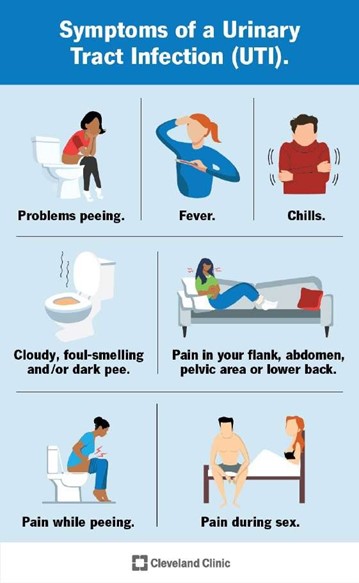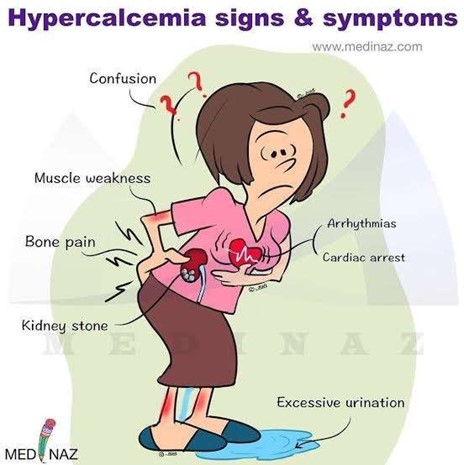The nurse on a urology unit is caring for a client diagnosed with calcium oxalate renal calculi.
When planning this client's health education, what nutritional guidelines should the nurse provide?
Increase purine-rich food intake.
Follow a low-calcium diet.
Increase intake of potassium-rich foods.
Restrict foods with protein.
The Correct Answer is D

Protein intake can increase the excretion of calcium and oxalate in the urine, which can promote the formation of calcium oxalate stones. The client should limit animal protein sources, such as meat, poultry, fish, eggs, and dairy products.
Choice A is wrong because purine-rich foods, such as organ meats, shellfish, and beer, can increase the production of uric acid, which can cause uric acid stones.
Choice B is wrong because a low-calcium diet can increase the absorption of oxalate in the intestine, which can increase the risk of calcium oxalate stones.
The client should consume a moderate amount of calcium from dietary sources, such as milk, cheese, yogurt, and green leafy vegetables.
Choice C is wrong because potassium-rich foods, such as bananas, oranges, potatoes, and tomatoes, can help prevent calcium oxalate stones by increasing the urinary pH and citrate levels.
The client should consume adequate amounts of potassium from dietary sources.
Nursing Test Bank
Naxlex Comprehensive Predictor Exams
Related Questions
Correct Answer is C
Explanation
Dysuria, which means pain or a burning sensation when peeing, is a common symptom of urinary tract infection (UTI).

UTIs are caused by bacteria entering the urinary tract through the urethra and spreading to the bladder or kidneys.
Choice A is wrong because nausea is not a specific symptom of UTI, although it may occur if the infection spreads to the kidneys.
Choice B is wrong because diarrhea is not a symptom of UTI, but rather a condition that affects the digestive system.
Choice D is wrong because constipation is also not a symptom of UTI, but a problem with bowel movements.
Normal ranges for urine tests vary depending on the type of test and the laboratory that performs it.
However, some general ranges are:
Specific gravity: 1.005 to 1.030
pH: 4.6 to 8.0
Protein: less than 150 mg/dL Glucose: less than 130 mg/dL Ketones: none
Blood: none Nitrites: none
Leukocyte esterase: none Bacteria: none or few
White blood cells: less than 5 per high-power field Red blood cells: less than 3 per high-power field Epithelial cells: few
Correct Answer is ["B","C","D"]
Explanation
Hypercalcemia is a condition in which the calcium level in the blood is above normal.

This can cause various symptoms, such as confusion, constipation, and bradycardia (slow heart rate).
These are the clinical manifestations that the nurse would expect to observe in a client with hypercalcemia.
Choice A is wrong because muscle spasms are not a common symptom of hypercalcemia.
In fact, hypercalcemia can cause muscle weakness and pain.
Choice E is wrong because polyuria (excessive urination) is not a direct symptom of hypercalcemia, but rather a result of kidney problems caused by hypercalcemia.
Hypercalcemia can make the kidneys work harder to filter the excess calcium, leading to dehydration and thirst.
However, this does not necessarily mean that the client will have polyuria.
Normal ranges for calcium levels in the blood are 8.5 to 10.2 mg/dL (milligrams per deciliter) or 2.1 to 2.6 mmol/L (millimoles per liter).
Whether you are a student looking to ace your exams or a practicing nurse seeking to enhance your expertise , our nursing education contents will empower you with the confidence and competence to make a difference in the lives of patients and become a respected leader in the healthcare field.
Visit Naxlex, invest in your future and unlock endless possibilities with our unparalleled nursing education contents today
Report Wrong Answer on the Current Question
Do you disagree with the answer? If yes, what is your expected answer? Explain.
Kindly be descriptive with the issue you are facing.
